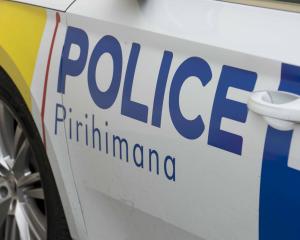Dr Young, of the Otago pathology department, and other university colleagues are leading research which aims to develop new therapies directed at stimulating a much stronger immune response to cancer.
She believed two main new forms of immunotherapy being developed at the university could reach clinical trials within about three years.
One approach adds proteins and other immunoactive molecules to a virus-like particle (VLP) derived from the rabbit haemorrhagic disease virus, which was introduced to Otago in the late 1990s to control the rabbit population.
The outer shell of the virus only is used, without any of the genetic material contained within, making it "very safe" for human use, researchers say.
A second cell-based approach uses killer-T cells removed from a cancer patient's lymph nodes, and returned to the body in "superactivated" form.
The Otago and Southland branches of Freemasons and other Freemasons groups have provided strong support for the research.
The latest Freemasons funding of $70,000, including $35,000 from the Roskill Foundation, Auckland, will be used to buy a flow cytometer, to analyse blood cells to check if they have been activated for possible anti-cancer use.
Dr Young yesterday outlined the recent Otago University research at a meeting of more than 50 Freemasons in Dunedin, and received a $70,000 cheque to buy the equipment.
She said existing forms of chemotherapy and radiotherapy, while valuable, were "blunt" instruments which killed healthy cells, such as hair cells, as well as tumour cells.
The new therapies could provide a much more targeted approach.
The research had also been supported by the Health Research Council and Cancer Society, she said.












